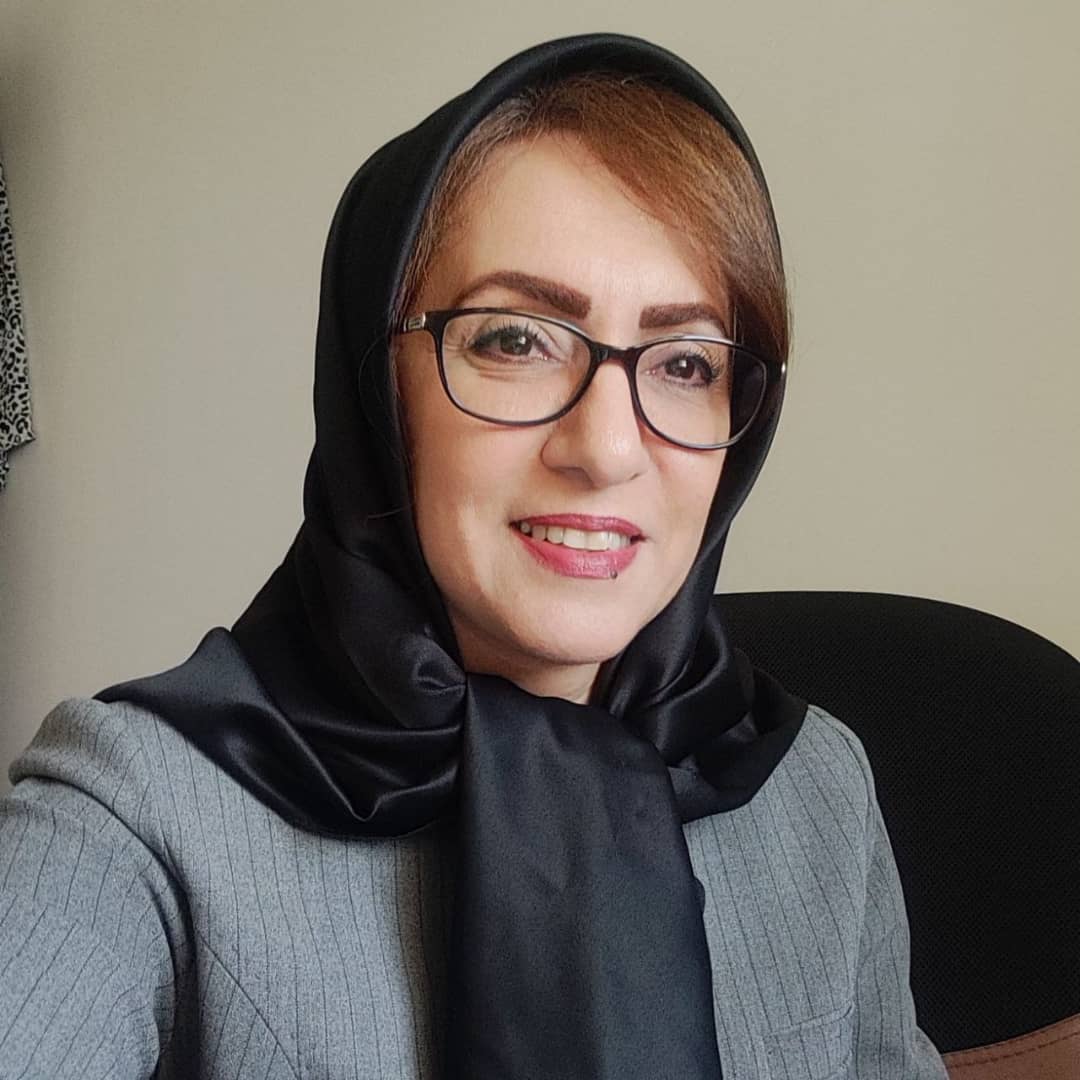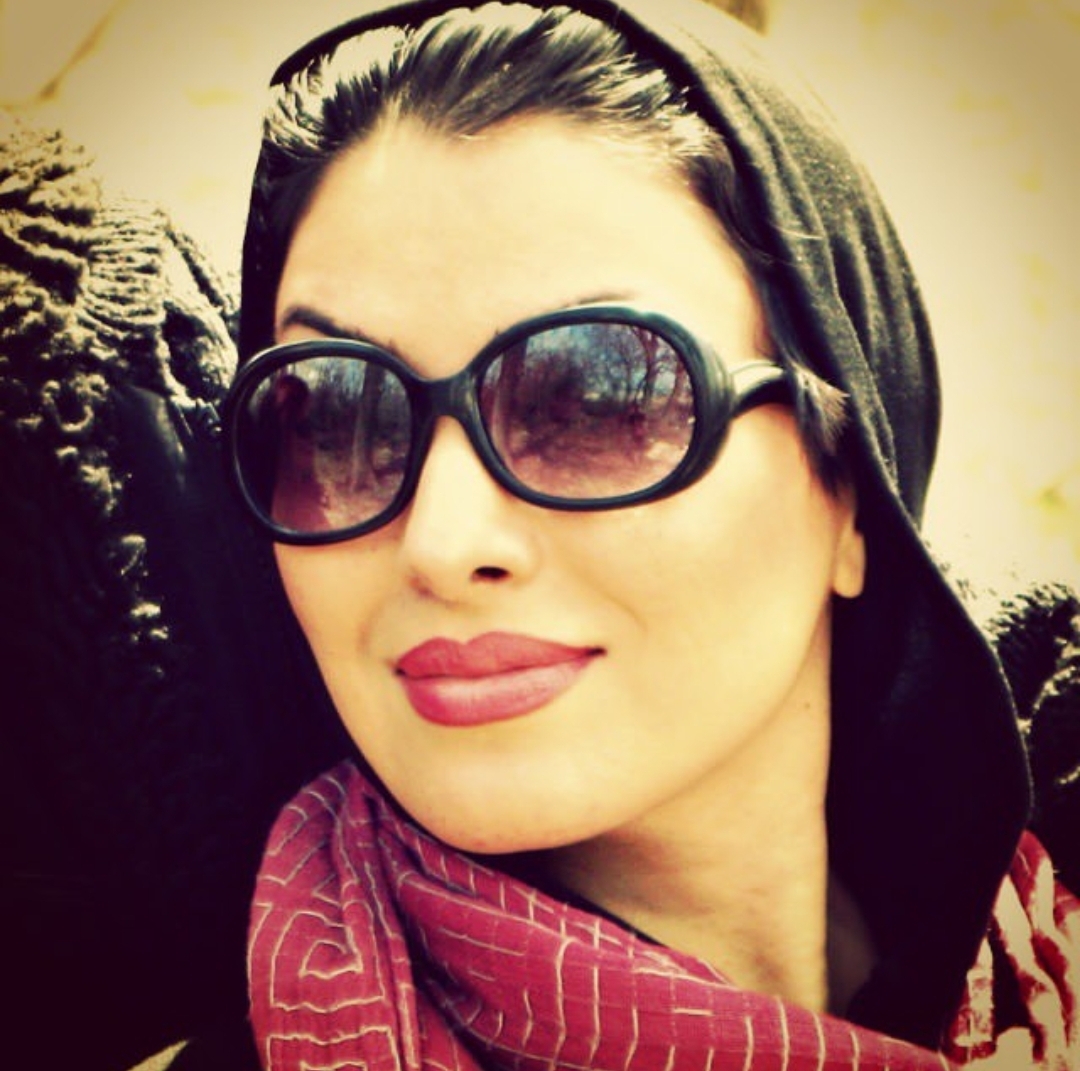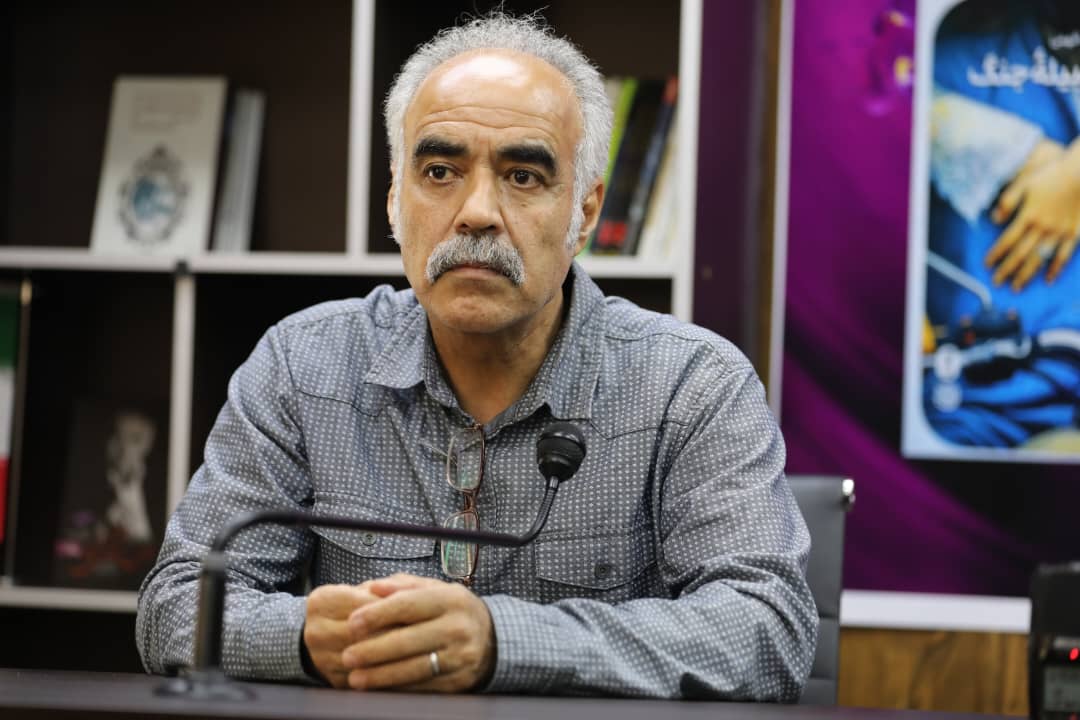
Hasan Mahmoudi
Hasan Mahmoudi (born March 10, 1971, in Najafabad, Esfahan) is an Iranian literary critic, journalist, novelist, and researcher specializing in fiction literature. He holds a bachelor’s degree in directing from Tehran University and has worked as a teacher, short film director, and literary journalist. Throughout his career, he has contributed to several prominent Iranian newspapers, including Iranian, Free Zones, Hamshahri, Shargh, Roozegar, Etemad, and Farhikhtegan, focusing on literature and the arts. Currently, he continues his journalistic work at the Iran Book News Agency (IBNA).
In addition to his contributions to journalism and academia, Mahmoudi has authored several television screenplays, four collections of short stories, five novels, and three books that analyze and introduce works by Iranian novelists. He also runs ‘Setara’, a bookstore.
About the book “My Noah”
My Noah, a novel by Hasan Mahmoudi and a nominee for the Mehregan Award for Literature, tells a gripping tale centered on Noah and 32 fugitive soldiers as they are dispatched to the western battlefields on October 19, 1987. The novel vividly portrays a city with distinct characteristics, weaving a rich tapestry of interconnected characters under the author’s narration.
Mahmoudi not only chronicles the transformation of a young boy from adolescence to adulthood—desperately scheming his way to the front lines—but also delves into the anguish, care, and unwavering love of mothers who, even after losing their sons in battle, still await a letter from them.
The story introduces a cast of war-torn souls: Menour and her missing sons, Hajieh Hojati and her afflicted son, Esmaeil the mute, who witnesses his friends’ brutal deaths. It explores the struggles of war refugees who, upon arriving in the land of Noon, face rejection, indifference, and cruelty. The narrative highlights the emotional and ideological turmoil of a war-stricken generation, tracing the journey of Mamad Javaheri, who clings to memories of his fiancée while holding onto his late father’s keepsake tire, and Salimeh, who joins a dissident group and ultimately perishes at Camp Ashraf in 2012. Alongside these characters, the novel remembers fugitive soldiers of the era and warriors like Noah, eager to march toward battle.
Noah himself is a prodigious young man who had secured the top rank in the national university entrance exam, only to abruptly head to the warfront, where extraordinary events unfold, culminating in his martyrdom. While the people of Noah’s homeland speak of him in hushed tones, no one seems to truly grasp his secret—except for Hawa, who, in a faded letter, uncovers profound truths yet keeps them locked within her heart.
To narrate these turbulent years and the fate of each character, Mahmoudi adopts an omniscient perspective while breaking chronological sequence. This approach demands the reader’s careful engagement, encouraging active participation in deciphering textual clues. The novel opens at a pivotal moment—October 19, 1987—when Noah embarks on his journey alongside fugitive soldiers. Through multiple temporal and spatial shifts, the omniscient narrator navigates not only through distant past events but also glimpses into the future, even beyond Noah’s martyrdom, occasionally embedding foresight within retrospection.




